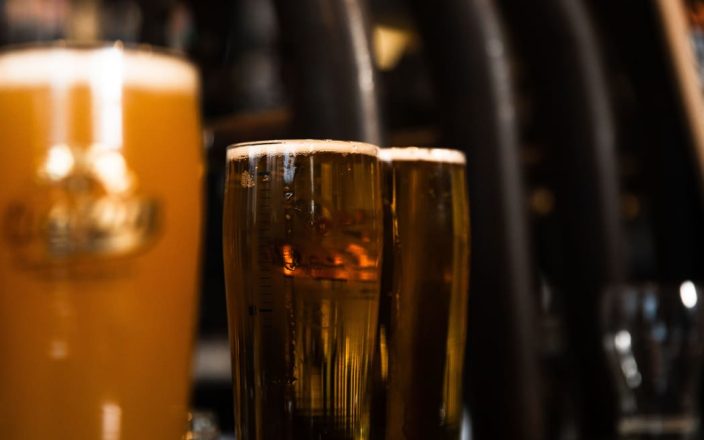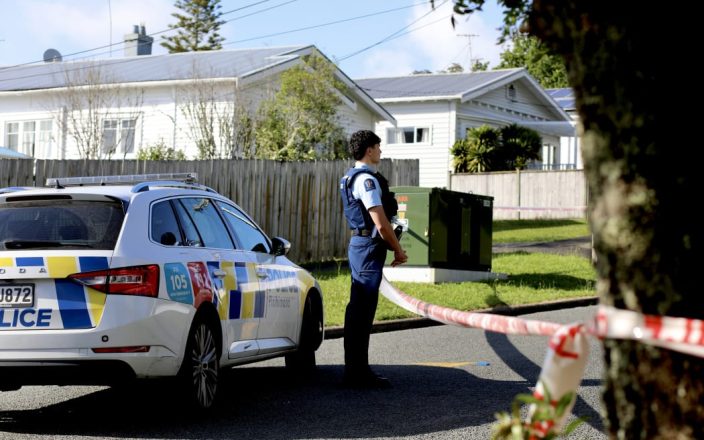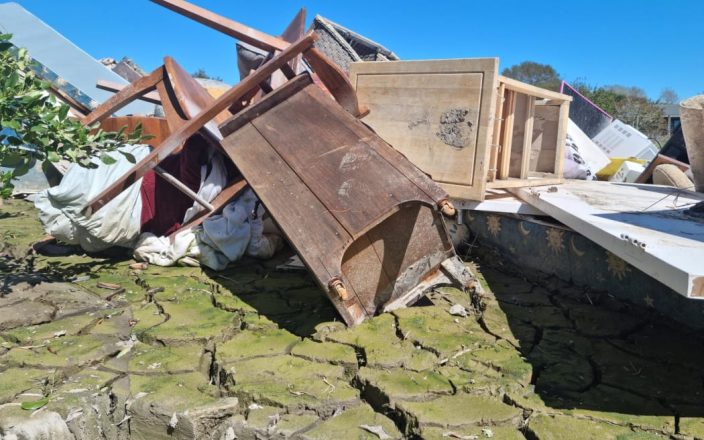Research from 2018 shows that alcohol caused over 900 deaths and 29,282 hospitalizations in New Zealand. This number of hospitalizations would fill half of all hospital beds in the Wellington region. Most deaths were linked to cancer (42%), injuries (33%), and liver problems (25%). Men were most affected, and Māori had a mortality rate from alcohol that was twice as high as others.
Dr. Anja Mizdrak from the University of Otago said these findings align with past studies showing alcohol’s harmful effects on health. Even though the data is from six years ago, she believes the current situation is similar because alcohol use and the related health problems have not changed much.
The study focused only on adults and did not account for the impact of alcohol on others, including children and victims of drink-driving. Mizdrak highlighted that in 2018, alcohol-related hospitalizations were comparable to half of Wellington’s hospital capacity.
She suggested several solutions: limit alcohol advertising, reduce its availability, raise taxes, and start a national screening program. In June, the government increased the alcohol levy for the first time since 2009, but the increase was minimal, adding less than half a cent to beer prices.
Associate health minister Matt Doocey stated that the government aims to reduce alcohol harm. The new levy will raise funds for initiatives, including support for Fetal Alcohol Spectrum Disorder. However, experts believe the funding is still insufficient compared to the extent of alcohol-related harm.
Andrew Galloway, from Alcohol Healthwatch, noted that the situation has not improved, with around 670,000 hazardous drinkers over the age of 15. He pointed out that successful policies in other countries, like Scotland’s minimum unit price, led to significant drops in alcohol-related deaths.
He compared alcohol harm to other causes of death, like the road toll, which remains high, suggesting that more focus is needed on alcohol-related issues.





























































